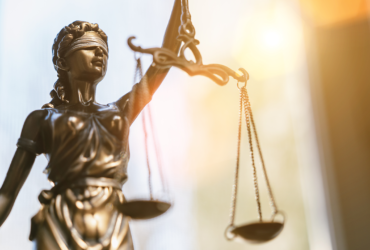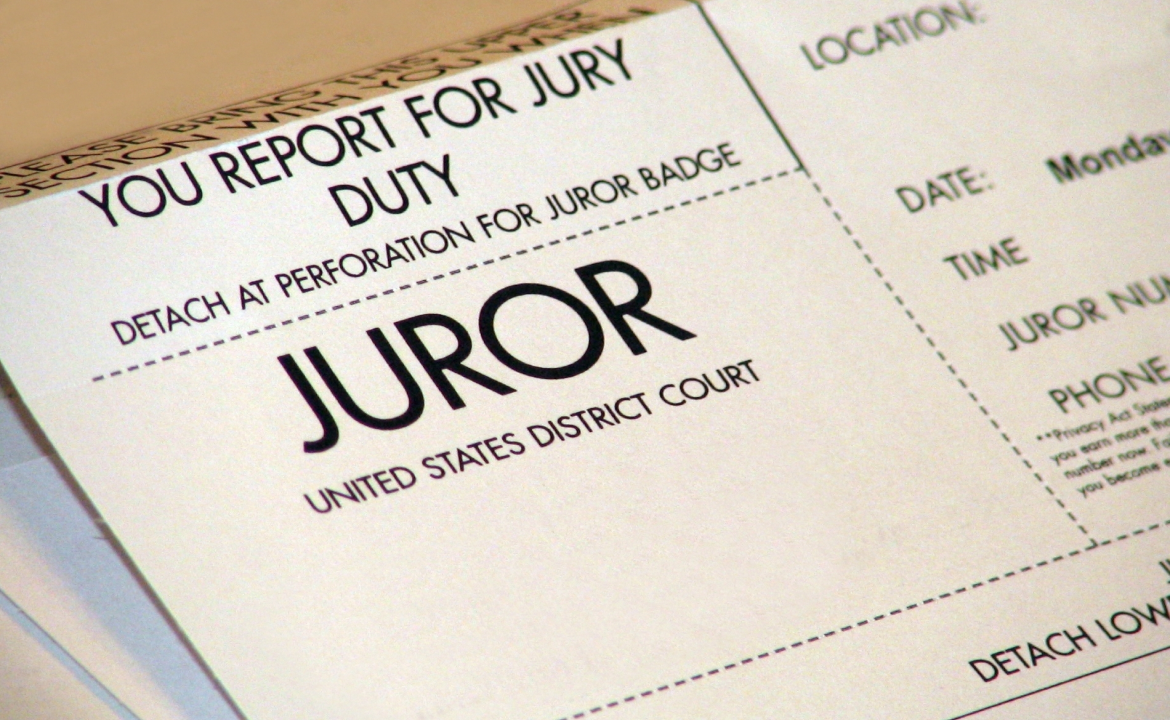A hung jury is one that is hopelessly deadlocked and unable to reach a verdict and which results in a mistrial
Hung jury – Criminal Trials
After extensive jury deliberation, if the jury cannot reach a unanimous verdict concerning the guilt or innocence of a criminal defendant, the judge will have to declare a hung jury and mistrial.
After the mistrial, the prosecutor will meet with their supervising attorney to discuss whether the case is worth going to trial again. Most states only allow prosecutors three chances to obtain a verdict. After the third time, unless new and compelling evidence is discovered to warrant another trial, the defendant will not be retried.
Important to remember the criminal defendant having not been convicted does not mean the jury found the defendant “not guilty.“
The public records will still show the defendant was arrested and charged with a specific criminal offense.
Hung Jury – Civil Trials
In a civil trial, the jury is not required to reach a unanimous verdict. Many states allow a verdict if nine of the twelve jurors reach a decision in the case.
If the jury is unable to reach a verdict, the judge will usually have to declare a mistrial. Under these circumstances, since none of the parties want to go through a retrial, they will usually end up settling their case.






